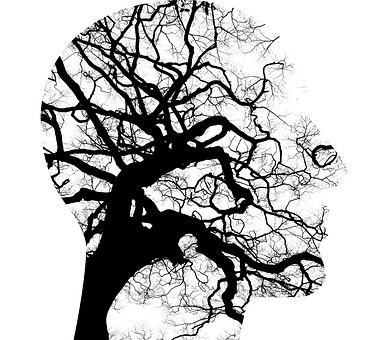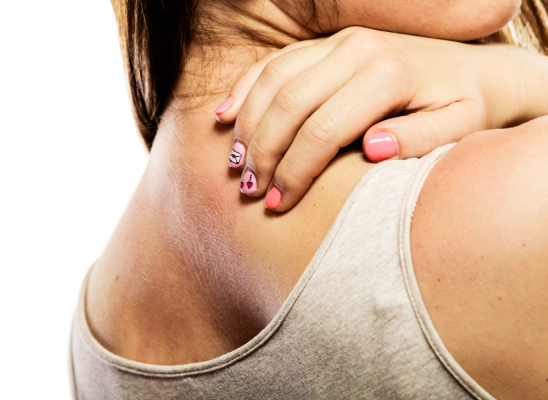How do emotion and personality affect skin picking behaviors?

Online test
Find out the severity of your symptoms with this free online test

People who compulsively pick at their skin have different triggers and behavior patterns. Treatment attempts to identify the triggers and behavior patterns to create new, healthier behavior patterns. The assumption is that if the factors contributing to picking behaviors can be successfully addressed, then the behaviors will decrease or go away. For example, many people with skin picking disorder report picking more when they are stressed or anxious. In treatment then, the goal is to decrease stress and anxiety, and the picking behaviors will decrease as well. Then, there is the guilt, shame, anxiety, and stress that follow skin-picking episodes which sometimes trigger additional episodes. Therefore, a person’s ability to regulate emotions may impact skin picking behavior severity.
Behavior patterns also differ, and some people pick at their skin as a method of regulating emotions. For example, if someone experiences an intense negative emotion, picking at the skin may relieve the intense emotion. At the opposite end of the spectrum, some people report picking at their skin as a way to relieve emotional numbness or “to feel something.” Personality also affects how someone regulates emotion or reacts to stress, but there is not much research about its role in skin picking disorders.
Relationship between emotional regulation, personality and skin picking
A recently published study sought to establish relationships between emotional regulation, personality, and skin picking behaviors. Participants included 239 Polish university students who filled out questionnaires about skin-picking behaviors, temperament, character, and emotional regulation. Of the 239 participants, 119 of them reported engaging in skin picking behaviors. In general, the emotional regulation strategy referred to as cognitive reappraisal was associated with skin picking severity, and personality traits such as novelty seeking and self-directedness were predictors of skin picking behaviors. Cognitive reappraisal is the ability to reflect and reinterpret emotional events to change one’s emotional reaction to the event. Results from the study indicate that cognitive reappraisal reduces the severity of skin picking behaviors. Those participants who experienced functional impairments because of skin picking behaviors demonstrated personality traits of self-directedness and cooperativeness. Low self-directedness scores indicate people commonly described as immature and unable to cope with stressful events which coincide with the development of ineffectual emotional regulation skills such as skin picking. Low levels of novelty seeking associated with skin picking behaviors indicate people who do not need new, external stimuli and do not mind monotony. The authors stated that these people might be prone to developing repetitive behaviors. Participants with skin picking disorder also demonstrated high scores for harm avoidance. However, the authors cautioned that harm avoidance is indicated in other disorders such as depression and anxiety which often co-occur with skin picking disorders. This study did not assess for anxiety and depression, so harm avoidance cannot be correlated only to skin picking behaviors.

This study provided information that leads to treatment decisions. For example, if cognitive reappraisal as an emotional regulation skill decreases skin picking behaviors, then a therapist can evaluate a client’s cognitive reappraisal skills during the assessment. If the client’s skills are not very strong, the client can learn strategies to improve them. Understanding the mechanisms that drive skin picking behaviors such as emotional regulation and personality can help people decide on treatment interventions targeted to their needs.
Reference
Prochwicz, K., Kłosowska, J., & Kałużna-Wielobób, A. (2018). The relationship between emotion regulation strategies, personality traits and skin picking behaviours in a non-clinical sample of Polish adults. Psychiatry research, 264, 67-75.
Online test
Find out the severity of your symptoms with this free online test
Start your journey with SkinPick
Take control of your life and find freedom from skin picking through professional therapy and evidence-based behavioral techniques.
Start Now


